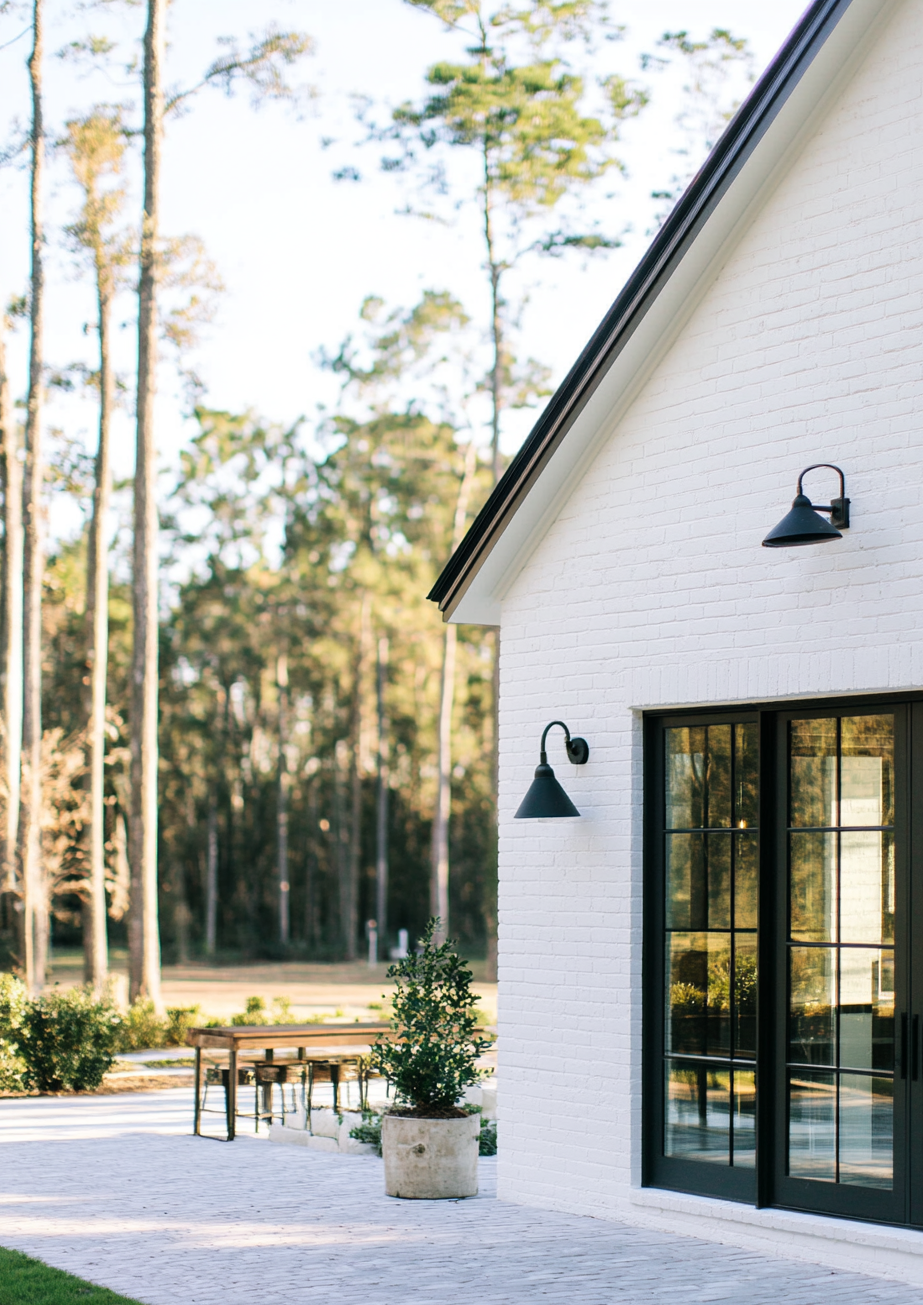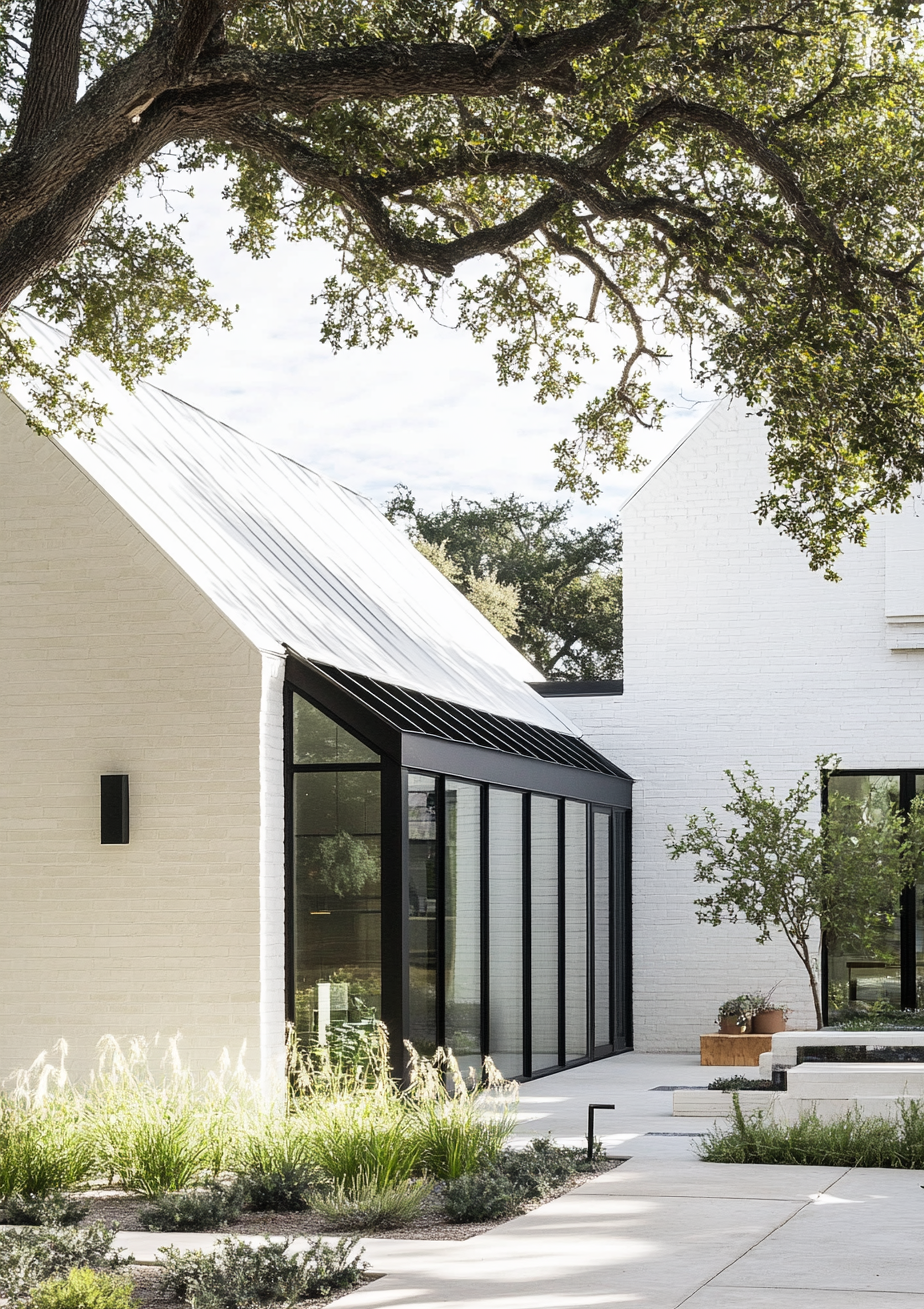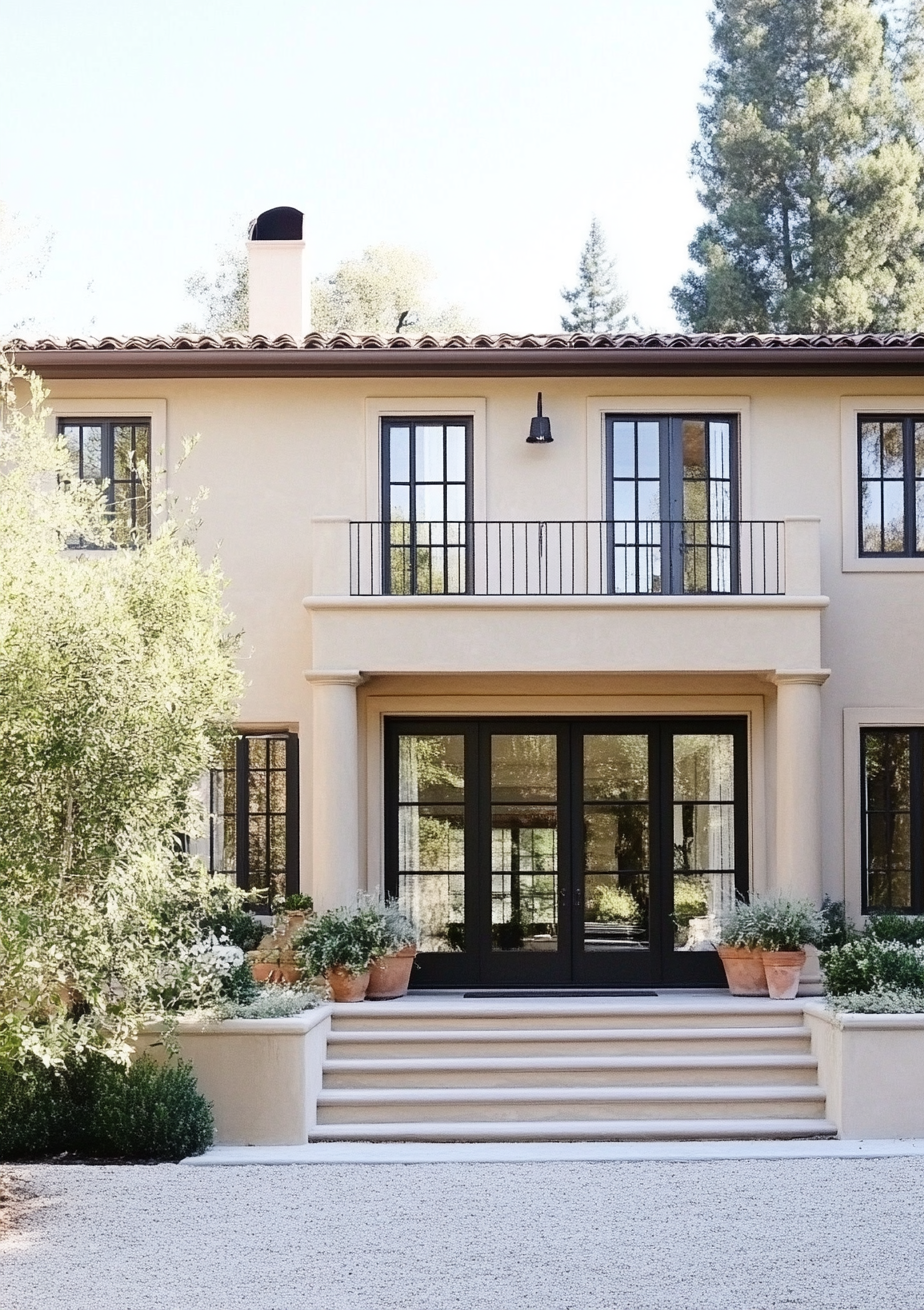The Biggest Home Buying Mistakes Everyone Makes (and How to Avoid Them)
- Beril Yilmaz

- Feb 6, 2025
- 5 min read
Updated: Jan 9
Buying a home is one of the biggest choices you’ll make in your life. It’s not just about the financial commitment; it’s about finding a place to call home. However, many first-time buyers stumble upon common pitfalls that can lead to costly regrets. Did you know that according to a survey, about 50% of home buyers regret not doing thorough research before their purchase? Understanding these common mistakes can save you time, money, and stress as you navigate the real estate market.
Being well-informed allows you to approach the home-buying process with confidence. You'll be better equipped to make decisions that align with your financial and personal goals. Let’s explore these prevalent mistakes, along with practical tips to help you avoid them.
1. Home Buying Mistakes: Neglecting the Importance of Budgeting

Diving into the home-buying process without a clear financial plan can lead to significant problems. Failing to budget effectively is a leading mistake many buyers make, resulting in overwhelming debt.
Begin by evaluating your financial situation in detail. Know how much you can save for a down payment and understand your monthly expenses. It's also crucial to factor in additional costs like closing fees, homeowners insurance, property taxes, and maintenance. For instance, a good rule of thumb is to set aside 1-2% of the home price each year for maintenance.
A buyer with a budget of $300,000 should expect to allocate around $6,000 to $12,000 annually for upkeep. This foresight can save you from unexpected headaches later on.
2. Home Buying Mistakes: Ignoring the Neighborhood

The home might be fabulous, but the neighborhood significantly impacts your daily life. A common mistake is overlooking the surrounding area when making your decision.
Conduct thorough research on the neighborhood. Working with professionals such as Urban Acres Realty can also help you gain local insight into how different neighborhoods compare. Investigate aspects like crime rates, quality schools, and available amenities. For example, neighborhoods with higher-rated schools can see property values increase by up to 10% annually. Don’t forget to visit the area at various times to get a feel for noise levels and traffic.
Also, keep an eye on future developments in the region, as new shopping malls or public transport projects can change the community’s dynamic.
3. Home Buying Mistakes: Skipping the Home Inspection

After finding your dream home, you may want to skip the home inspection to make your offer more enticing. But this can lead to major expenses later on.
Investing in a qualified home inspector is essential, even for newly built homes. The inspector assesses critical areas such as the roof, plumbing, and electrical systems. For instance, issues like hidden water damage or outdated wiring can cost thousands to fix.
If problems are found during the inspection, you can negotiate repairs or a reduction in the sale price. It's better to uncover these issues before the sale rather than face them after moving in.
4. Home Buying Mistakes: Rushing to Close

Excitement can lead many buyers to rush the closing process, which can backfire.
Take the necessary time to read all documents and understand the terms of your mortgage. For example, if you don’t understand a rate adjustment clause, it could significantly impact your payments down the line. It’s advisable to review your credit score before closing. Surprising changes in your financial situation can affect your mortgage terms.
A careful review ensures everything aligns well before you officially become a homeowner.
5. Home Buying Mistakes: Overlooking Additional Costs

When budgeting for a home, many buyers focus mainly on the mortgage and down payment, leading to overlooking hidden costs.
Beyond the initial purchase price, consider property taxes, homeowner association fees, insurance, and regular maintenance. Many buyers also underestimate moving costs, new furnishings, or potential renovations. For example, moving expenses can range from $1,000 to $5,000, depending on the distance.
Researching these additional costs will give you a clearer picture of your financial commitment and help prevent future strain.
6. Home Buying Mistakes: Getting Emotionally Attached

Finding a home you love is thrilling, but getting too attached can cloud your judgment.
Buyers often envision their lives in a property, ignoring potential issues. According to experts, 60% of buyers admit to overlooking flaws when emotionally invested.
To keep your perspective, list your must-haves and deal-breakers. If you find yourself growing too attached, step back for a moment to reassess. This helps ensure decisions are made rationally, rather than emotionally.
7. Home Buying Mistakes: Relying Solely on Online Listings

In our digital age, it’s tempting to depend on online listings. However, they can miss important property details and neighborhood insights.
Pictures can be deceiving. It’s essential to visit the homes in person and attend open houses. This allows for a better understanding of the property and its surroundings. Partnering with a qualified real estate agent can also help identify opportunities that may not be as visible online and provide valuable insights during your search.
8. Home Buying Mistakes: Not Understanding Your Mortgage Options

Many buyers rush through the mortgage process, missing critical details about available options.
There are various mortgage types, including fixed-rate and adjustable-rate mortgages, each with distinct terms. Understanding these differences can greatly impact your financial situation. For example, fixed-rate mortgages provide stability with consistent payments, while adjustable-rate mortgages might start lower but can increase over time.
Consider consulting a mortgage broker or financial advisor to help find the best option for your needs and budget.
9. Home Buying Mistakes: Failing to Negotiate

Many buyers hesitate to negotiate the price, fearing they might offend the seller. However, negotiation is an expected part of the home-buying experience.
Work with your agent to craft a reasonable offer based on housing market analysis. For example, if similar homes in the area are selling for $350,000 but the listing is $375,000, a well-supported counteroffer could save you a significant amount.
Negotiating effectively can lead to savings that benefit you for years to come.
10. Home Buying Mistakes: Ignoring Long-Term Resale Value

While personal needs are vital when choosing a home, consider its long-term resale value as well.
Factors like location, property condition, and market trends play a crucial role. Homes in desirable neighborhoods often appreciate in value, potentially increasing by as much as 10-20% over five years.
Think ahead to ensure your investment stays sound. Balancing personal preferences with resale possibility can safeguard your financial future.
Final Thoughts
Navigating the real estate market can feel overwhelming, but avoiding common home-buying mistakes can enhance your journey. Awareness of these pitfalls improves your chances of a smoother buying experience and leaves you with a home that truly meets your needs.
Being informed, staying level-headed, and seeking professional guidance can be invaluable. Thorough research, effective budgeting, and strong negotiation skills will be your best tools in this exciting journey towards home ownership.
With the right preparation, your dream of owning a home can become a reality while steering clear of common pitfalls.
FAQ
What is the most common mistake made when buying a home?
Not budgeting properly is one of the top errors. Many buyers fail to consider ongoing costs beyond just the mortgage, leading to unexpected financial strain.
Should I get a home inspection?
Definitely! Skipping this step is a risky choice. It identifies potential issues that could require expensive repairs later.
What mortgage options should I consider?
Consider various types of mortgages like fixed-rate, adjustable-rate, FHA, and VA loans. Assess which fits best with your financial situation.
How important is the neighborhood in my home-buying decision?
The neighborhood significantly affects your daily life and the property’s resale value. Always research the community, schools, and local amenities to ensure it's right for you.
Can I negotiate the price of a home?
Yes! Negotiation is a standard part of the home-buying process. Collaborate with your real estate agent to create an offer based on fair market values.
If you're looking for assistance in designing your new home or optimizing layout and functionality, BY Design and Viz’s expert interior design services can help turn your house into a stylish and comfortable home. Reach out to discuss how we can help create your dream living space!





























